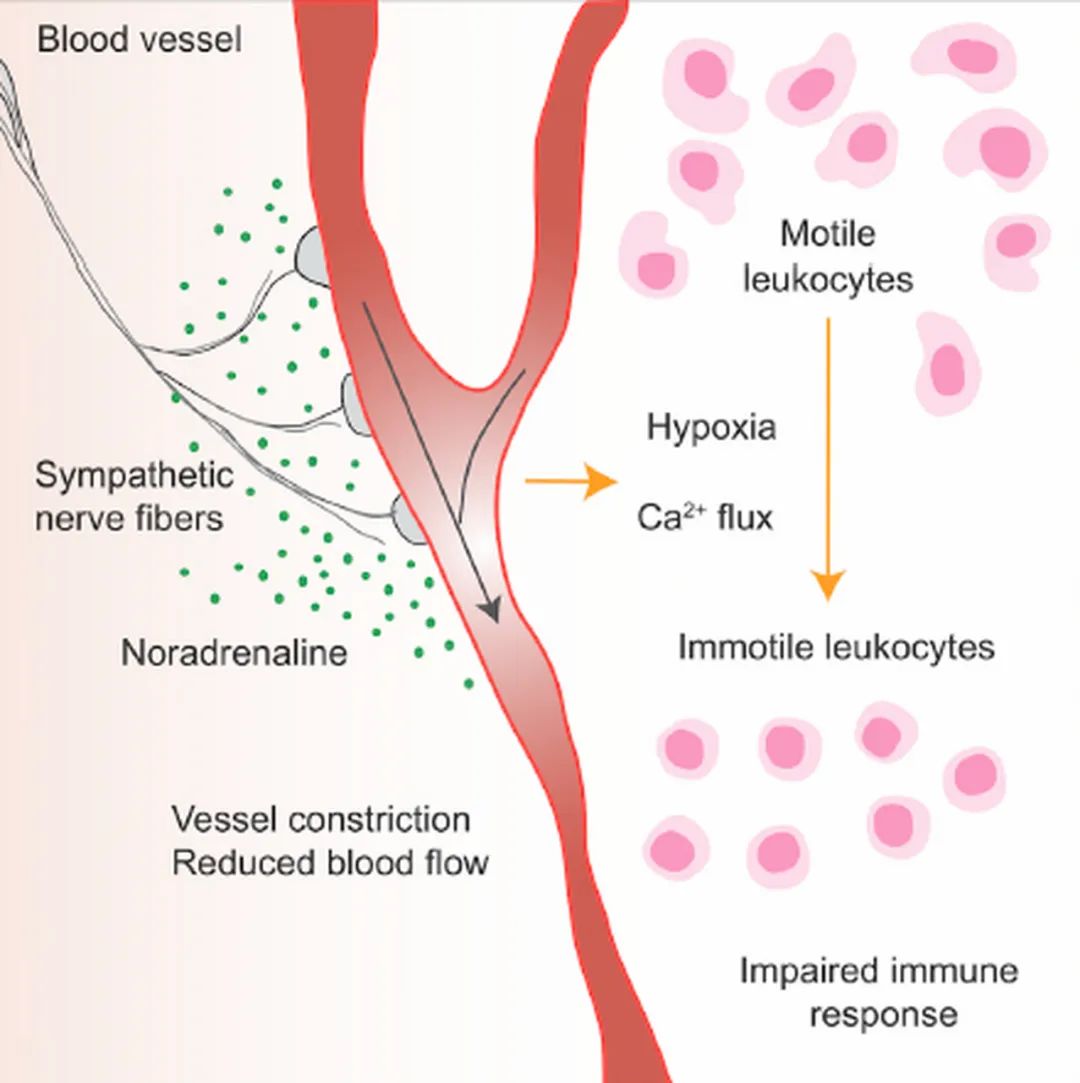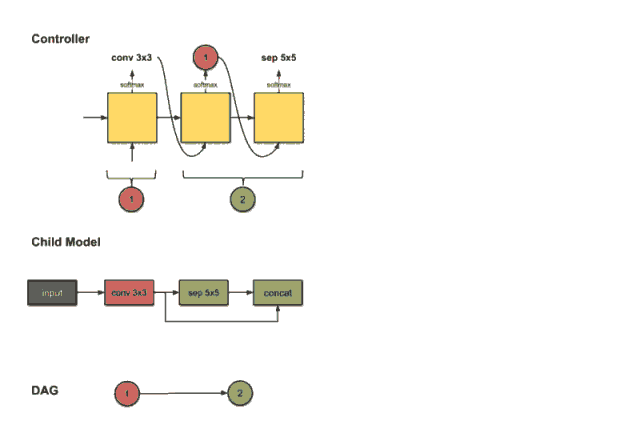Aphphriacinine: Help us play a wider range of whole brain effects
Author:Cool brain Time:2022.06.23


Via: HaticeRol
The following is the audio of the full text of Miss Sister
Author | Christopher Bergland
Translation | Chunwu Thousand Layers
Reward | Caroline
Grade -Cool Brain Creative
Reading | Pigeon Tsai
Artist | Old carving worm
Edit | Sales increase
1. Aphphriacinine, also known as adrenaline, is a neurological regulator, which can improve alertness, enhance attention, and create alert state.
2. Excited point (Latin: "Blue Spot") is a blue area in the brain stem that can produce norepinephrine and transmit it to other areas of the brain. 3. Unexpected or surprising incidents can cause the surge in the excitement zone of norepinephrine in the excitement area, thereby increasing attention and promoting better learning.
Anyone who has had a car accident knows that an accident around a car accident will leave a brand in your brain. All the details that occurred in before, during and after the accident occurred, it was easy to remember and hardworking. The brain seems to be in your mind like a slow-action movie that may cause potential damage accidents-it tries to learn from errors and find a way to avoid similar accidents in the future.
For example, earlier this spring, my car slipped on the black ice and finally fell into a ditch. At that time, the temperature was about 15 degrees, with light rain. I drove after the sunrise. The weather was warm and I could hear the dripping sound of raindrops. The newly paved road looks wet, like glass, making me not realize that it is actually frozen. Although I have drove for decades, this is the first time I have experienced the wet road that looks like it is actually pure ice, and there is a slippery water glaze on it.
Today, there is a light rain, 23 degrees, and there is no possibility of freezing rain or black ice, but when I drive at the corner of the accident a few months ago, my brain has been thinking about it. It's ice. Since the accident that slipped on the black ice was caught off guard, no matter what the ambient temperature, I remained highly vigilant when I drove on the wet asphalt.

VIA: "Ma Nan Po Jack"
The surprising event triggers the outbreak of norepinephrine from the cerebral cortex
New research by the Massachusetts Institute of Technology revealed how the brain responded to surprising events. MIT's neurosciences of the Picower Institute of PoCOWER study and memory found that surprise will cause surge in norepinephrine, thereby increasing attention, and recording the lessons obtained from unexpected events into the mouse's brain. These discoveries were published on June 1st in the "Nature" magazine, which was evaluated by peer. Vincent Breton-Provencher is the first author of the study, and Mriganka Sur is a senior author.
In this experiment, the researchers rewarded the mice so that they pressed the leverage when they heard the high -pitched sound. If they press the rods at the wrong time, there will be an air in their eyes without rewards. By reflection in operating conditions, the mice learned to linked the leverage and the leverage was linked to get the reward. In a press release in June 2022, Sur said: "The reason why animals are working hard is because it wants to get rewards. The nerve endings are responsible for providing key signals and told it to get force now so that they can get rewards."
Sur and his team also tested what happened when mice accidentally got a bite of air when looking forward to the reward. In these surprising circumstances, the abolition of the adrenaline increased, and the mice with good conditions seemed to pay close attention to why accidents happened.
In the mouse model, the soaring adrenaline caused by surprise has promoted better learning and memory. In another group of experiments, if the release of norepinephrine is blocked by optical genetics, the response of mice to accidents is different. Researchers have speculated that human brain's response to surprise is the same.
The excitement point (Latin means "blue spots") is a blue community in the brain stem, producing most of the brain of the brain in humans and mice. As a neurological regulator, norepinephrine can increase wake -up, attention and alert state. Long -level high -level norepinephrine can cause chronic pressure and anxiety. However, after a surprising incident, the rapid outbreak of this nerve regulator helps the brain to better memory and rapid learning.
Different from the classic neurotransmitters that promote inter -cell communication between specific neurons, neuropathic agents such as norepinephrine are "ejected" in extensive leather and leather brain regions, which enables them to play a wider range of The whole brain effect.

The internal totaline of the mouse
Use the power of surprise to improve the learning behavior and promote the ability to master
In many ways, surprise is the opposite of boring. As far as I know, whenever I feel bored, my brain will down when my eyes are bored, so that I can't learn better or have vivid memories of knowledge. As an athlete, the same is true of my situation. At any time, if a sport becomes monotonous or lacks new ideas in my heart, my grades will be difficult to improve.
Last year, researchers at the Massachusetts Institute of Technology wrote in a papers of "Frontiers in Neural Circuits" by a peer: "Although it has a full brain effect of namuraphinxine, the positioner-to the positioner Many of the role of adrenaline (LC-Ne) in behavior and the circuit of controlling activities are unknown. "In the follow-up papers published this year, they further expounded how the LC-Ne system was launched and learned after accidents and improved learning. Understanding. SUR said at a press conference in June 2022: "The surprise coding function of the nerve ending seems to be wider in the brain, which may make sense, because everything we do is restricted by surprise."
The future research of SUR and his MIT team will focus on the synergies between norepinephrine and other neuropathic agents. For example, dopamine, such as dopamine, also reacts with unexpected rewards and surge.
The upcoming research will also study how the prefrontal cortex seems to help mice to learn and master new behaviors to store short -term memory input from the brain chamber.
These animal experiments are of great significance for improving the ability to master human learning/memory and optimization related to peak performance.
Tuyuan Internet

Reference (click slide to view)
1.Vincent Breton-Provencher, Gabrielle T. Drummond, Jiesi Feng, Yulong Li Mriganka Sur. "Spatiotemporal Dynamics of Noradrenaline During Learned Behaviour." Nature (First published: June 01, 2022) DOI: 10.1038/s41586-022-04782- 2
2.Vincent Breton-Provencher, Gabrielle T. Drummond, and Mriganka Sur. "Locus Coeruleus Norepinephrine in Learned Behavior: Anatomical Modularity and Spatiotemporal Integration in Targets." Frontiers in Neural Circuits (First published: June 07, 2021) DOI: 10.3389/ fncir.2021.638007
Cool brain long -term collection of brain science and psychological articles, welcome to submit


Please submit a mailbox: [email protected]
Click here, let friends know that you love brain science
- END -
Chinese residents balanced diet pagoda, dining plate (2022) icon to revise and analyze instructions
Introduction: Chinese residents balanced dietary pagoda (2022) and Chinese residents balanced dietary plates (2022), explaining the main ideas and food composition structure of balanced diet, using to
Fresh and Film Expert Clinic of Changji Branch of the First Affiliated College of New Medical University officially opened
Changji Daily (correspondent Li Xiaoyan) On June 21, the outpatient clinic of the radial imaging expert of Changji Branch of the First Affiliated Hospital of New Medical University was officially open